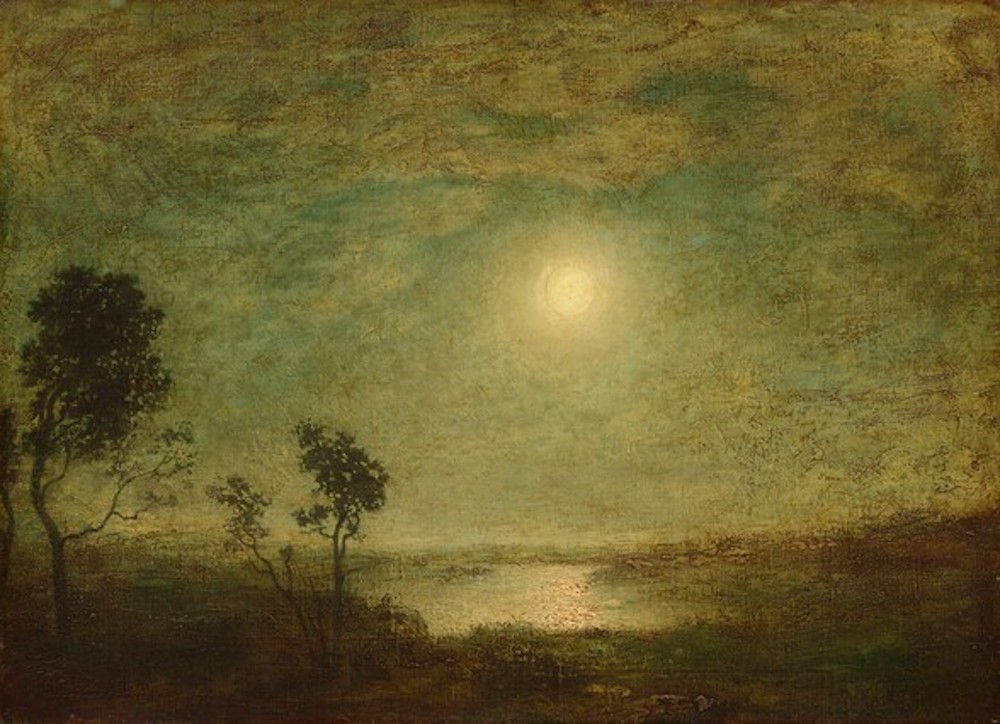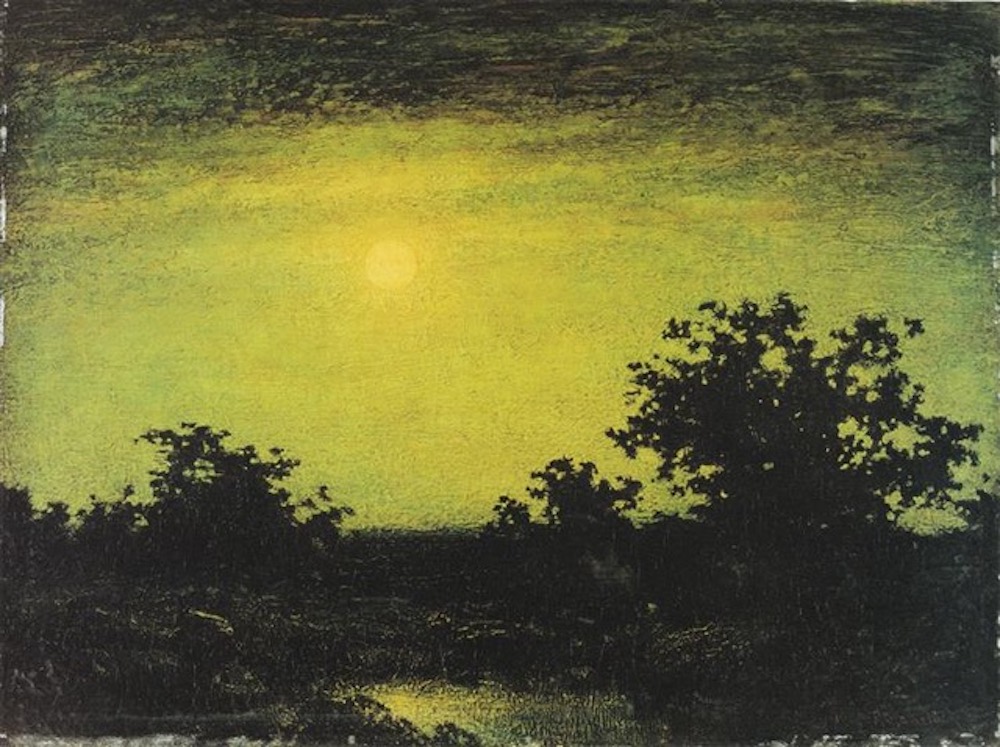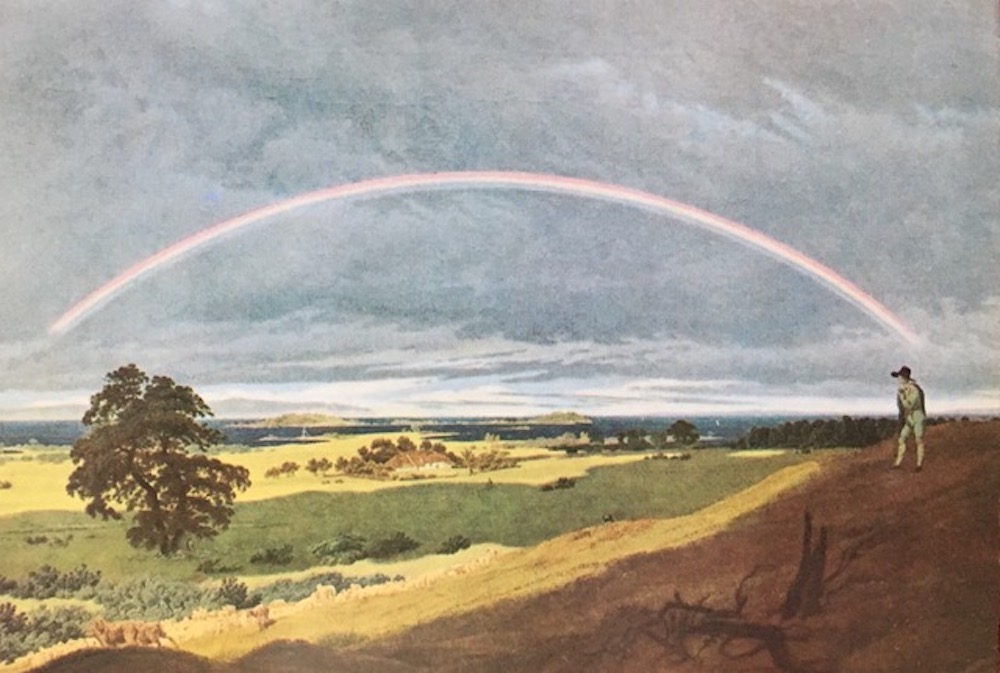Jim Brooklinen’s rapturous response to reading my novel in its entirety had exceeded my wildest hopes. Not only had the veteran New York literary man hailed it as “the finest new work of sustained prose I’ve read in a very long time,” and expressed a genuine desire to attach himself to its inception, he had also confidently stated that it would have received an equally fervent endorsement from his close friend, the late Barney Rosset, founder of Grove Press.
Jim had assured me that he would be sending my manuscript out to his contacts in “the more enlightened and discriminating echelons of the publishing world,” and that he would be getting back to me about it soon. Now it was simply a matter of not getting carried away. I was still in the trenches but savoring the rare sensation of having something to look forward to.
“Who lives here anyway?” I said, casting my eyes around the sumptuously appointed house in the Echo Park hills where a young friend was having a birthday party thrown for him. Most of the other guests were about half my age, including a woman called Kate, with whom I was engaged in awkward conversation.
“Ben,” she said. “He works for Apple but he’s just subletting. Where do you live?”
“On the corner of bedlam and squalor,” I churlishly responded. It was a good line, but a tired one.
“I didn’t realize we were neighbors,” she breviloquently riposted.
“Actually, not far from here,” I said, pointing through the window at the array of twinkling lights cascading over the surrounding hillsides, and citing the residential neighborhood in question, “just over that hill.”
“Do you know Melinda Waterform?” she graciously enquired, in reference to my illustrious neighbor, the highly respected author who had callously ghosted me after I sent her an extract from my novel.
I groaned. Here we go again… “Yes, she knows me.”
“I love her work,” said Kate, eliciting a deeper groan. To make it worse, everything she had said until this point had indicated good taste and intelligence.
“She’s all right, a thoroughly medioc…” I stopped myself. It wasn’t that I objected to heaping disdain on Melinda, I just didn’t want to sound bitter—for some strange reason, there were people that didn’t find it attractive—and as I spoke it dawned on me that I had never actually read more than a few pages of Melinda’s work. I could admit to this sad case of literary self-deprivation but it might have the undesired effect of inducing my beguiling interlocutress to provide further illumination on the subject of Melinda’s artistry.
“Yes, she’s great,” I said, hoping she’d shut up about it.
“Do you read her monthly column?” she asked.
“I didn’t know she had one,” I said, taken aback. “Where is it?”
“In the Grauniad.”
“What does she write about?” I asked, surprised and vaguely appalled that I hadn’t already known about this new (to me) addition to Melinda’s nauseatingly bulging portfolio of achievements. The snowball effect created by the runaway success of her first novel, The Habit Of Desire, had resulted in an enviably over-rewarded degree of ‘artistic freedom’ to supplement the comparable level of financial freedom she already enjoyed, having wisely started flipping real estate on Los Angeles’ burgeoning ‘east side’ at exactly the right time.
“Whatever’s on her mind, whatever she feels like,” said Kate, as if it were the easiest and most natural thing imaginable to have a monthly column in a globally circulated magazine.
I restrained myself from mentioning that I’d already gently lampooned Melinda in my own column. From the few pages of hers that I had actually read I could tell that Melinda was a skillful practitioner of contemporary literary fiction. I had never entertained the possibility that she might be more than that. I didn’t want to think about it. Maybe readers didn’t want anything special these days, and wouldn’t even recognize it if it was staring them in the face.
“On the subject of columns,” I said. “You should read my column in Artillery magazine.”
“What’s that?”
“The premier West Coast art rag. It’s a fun read.” I couldn’t stop myself: “Better than Waterform’s soporific drivel…”
“I’ll check it out,” said Kate, unconvincingly: “Excuse me, I have to get a drink” – and with raised eyebrows and shaking head, she disappeared from my sight.

Ralph Albert Blakelock, “Moonlight,” 1895.
But what did it really matter anymore? The sort of seething bitterness that results from being ignored at the expense of lesser but more ambitious talents would soon be nothing but a bad memory. I might be still in the trenches but I was staring at the stars. At this moment, my novel was being passed around among the most important players in the New York literary firmament.
“Did you see the new Weerasethakul, so awesome…”
Requiring immediate relief after the sobering interaction with Kate, I barged headlong into the nearest available conversation, in which a hirsute young man in a beanie and wrinkled flannel shirt hanging over a pair of baggy jeans and dirty sneakers, was doing an impressive job of approximating the contemporary master of slow cinema’s famously unpronounceable name.
“The problem with world cinema these days,” I interrupted him, “is that all the greatest directors get no respect over here for the simple reason that their names defy anglophone pronunciation: Weerasethakul, Nuri Bilge Ceylan, Hou Hsiao-hsien, Tsai Ming-Liang…”
“Have you seen What Time Is It There?” asked his friend, a stylishly-attired young woman, who had somehow deciphered my sloppy pronunciation.
“Yes, I watched it again recently,” I said, immediately sensing a connection. “That actress has a singularly charming presence.”
“Isn’t that the one,” she said, “with that great scene where she’s waiting for a train on an empty subway platform late at night and a guy shows up on the opposite platform, and they stand around for a long time waiting for trains going in the opposite directions, sort of checking each other out?”
“Exactly,” I said. “Then his train arrives and she’s left standing alone on the platform. In a Hollywood movie he’d still be on the opposite platform after the train pulled out and they would romantically connect…”
“Yes,” she said. “And he doesn’t build the tension up, it’s just exactly as it would be. ”
“Did you see his new one?” asked the shabbily dressed young man, cutting in. “It’s cool. We featured it on my podcast.”
“Sadly not. Where’s it available?”
“I had to download it on Torrent.”
“We watched it without subtitles,” said the girl.
“That was deliberate,” said the podcaster, obligingly. “There were no subtitles. It doesn’t need them.”
The penny dropped: this elegant and refined young woman was with this guy who could hardly dress himself? Well, why not? Why shouldn’t slobs have chic young girlfriends?
“Did you read Melinda Waterform’s review?”
“Oh, come on…” This was too much. That mellifluous name which scraped on my worn-out nerves like nails on a chalkboard had been dropped into two successive conversations by two bright young women. Was nothing sacred? This contemporary Taiwanese filmmaker would be right up Melinda’s alley, just difficult enough to serve as a worthy focal point upon which to direct the dazzling rays of her willful obscurantism.

Ralph Albert Blakelock, “Moonlight,” 1890.
I relieved this couple of the burden of my presence and walked over to where I assumed the music was coming from. While combing through the slim pile of records stacked beside the deluxe state-of-the-art hi-fi system, a familiar face emerged from the throng.
“What is all this crap?” I said to Stella Canal. “This stereo system must have cost thousands of dollars and he’s only got thirty records. Are the kids really listening to Depeche Mode these days? I’m all about reappraising the past but this is ridiculous. No wonder they’re playing a Spotify playlist.”
“What are you doing here?” asked Stella, indicating that I didn’t belong.
“It’s my boy’s birthday.”
“Your boy?”
“Yes, one of my boys. I provide him with cultural guidance, romantic advice, spiritual instruction, that sort of thing…”
“I dread to think,” she said. “What else have you been up to?”
“Trying to get a novel published, writing an ongoing series of articles about that. It started off as a rant against the publishing industry but it’s evolved from that…”
“Yes, I’ve seen them,” said Stella. “You know what I like most about your articles?”
I lit up: somebody was reading them.
“The paintings. They’re always just right.”
“Thank you kindly. I select them myself,” I said, not without a dash of pride. “I put a lot of care into it, but I’m running out of ideas. I might have to resort to abstraction. What about the writing?”
“Um…” she hesitated. “I haven’t read the last few. I need to go back and read the ones I haven’t read yet.”
“How many have you read?”
She hesitated again. “Actually, just one so far.”
“Right.”
Stella was a writer. I knew this because it said so underneath the photograph on her Instagrim profile, and because she frequently posted photographs of herself reading lofty and laborious works of critical theory, which were usually perused while sipping a glass of fine wine and enjoying a photogenic snack. No other evidence of a literary calling was discernible in her habits but she still had plenty of that precious substance that I had squandered far too much of: time.
She liked the images I posted on Instaflam but hadn’t read the accompanying articles: link in bio.
If they couldn’t read a 1500-word article, how were they going to read a 95,000-word novel?
But what did it matter if nobody was reading these articles? Soon I would be able to stop writing them. Jim Brooklinen had assured me that he would soon be getting back to me with good news. I wondered what was taking him so long but decided to wait a while longer before contacting him again, as I didn’t want to further impose upon him when he was still unwell. Meanwhile, a warm, carefully monitored glow of anticipation coursed through my system.
This is Part IX of an on-going series. Please see previous installments: Part I, Part II, Part III, Part IV, Part V, Part VI, Part VII and Part VIII


